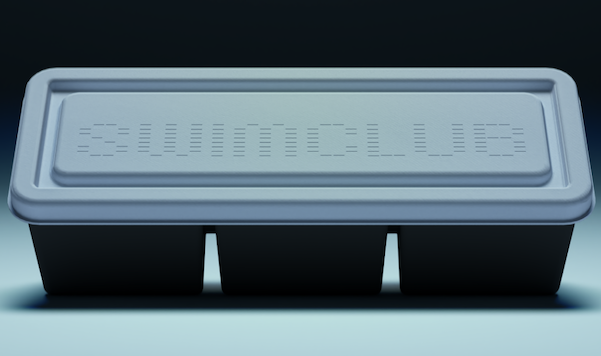In the pursuit of radiant and youthful skin, it's easy to fall prey to misconceptions and myths that circulate through beauty magazines, social media, and word-of-mouth advice. But when it comes to keeping your skin healthy and hydrated, it's essential to separate fact from fiction. In this blog post, we will debunk three common misconceptions that may be preventing you from achieving your skin goals. Get ready to unmask the truth and discover the real secrets to maintaining a healthy and hydrated complexion.
Misconception 1: Drinking More Water is Enough to Hydrate Your Skin
It's a common belief that increasing your water intake is the ultimate solution for achieving hydrated skin. While staying hydrated is undoubtedly important, the truth is that simply drinking more water may not directly translate to hydrated skin. Skin hydration relies on a combination of external factors and internal moisture balance.
To effectively hydrate your skin, you need to focus on both external and internal hydration. Using moisturizers and skincare products that contain humectants like hyaluronic acid can help attract and retain moisture in your skin. Additionally, a balanced diet rich in healthy fats and antioxidants, along with proper skincare practices, can significantly contribute to achieving the desired level of skin hydration.
Misconception 2: Oily Skin Doesn't Need Moisturizers
If you have oily skin, you might be under the impression that using moisturizers will only make your skin more greasy and prone to breakouts. However, this is far from the truth. Moisturizers play a crucial role in maintaining skin health, regardless of your skin type.
Even oily skin needs hydration, as excessive oiliness can often be a sign of dehydration. When your skin lacks moisture, it compensates by producing more oil, leading to a vicious cycle of excess sebum production and potential breakouts. Opting for oil-free or lightweight moisturizers formulated specifically for oily skin can help balance oil production while providing essential hydration.
Misconception 3: Sunscreen is Only Necessary on Sunny Days
Many people believe that wearing sunscreen is only necessary when the sun is shining brightly. However, this is a dangerous misconception that can put your skin at risk of sun damage and premature aging. Harmful ultraviolet (UV) rays can penetrate clouds, windows, and even clothing, causing damage to your skin cells.
To protect your skin effectively, it's crucial to incorporate sunscreen into your daily skincare routine, regardless of the weather. Look for broad-spectrum sunscreens with an SPF (Sun Protection Factor) of 30 or higher, and apply it generously to all exposed areas of your skin. This practice will shield your skin from harmful UV rays, prevent sunburns, and reduce the risk of skin cancer.
Conclusion:
When it comes to achieving healthy and hydrated skin, it's important to distinguish between myths and facts. By debunking these common misconceptions, we've shed light on the truth about skin hydration. Remember to prioritize both internal and external hydration, embrace moisturizers for all skin types, and wear sunscreen daily for comprehensive skin protection. Armed with accurate knowledge, you can now take confident steps towards a healthier and more radiant complexion.






.jpeg)


